Energy saving myths - 4 things that won't save you money according to the experts
Experts debunk the four most common energy-saving myths
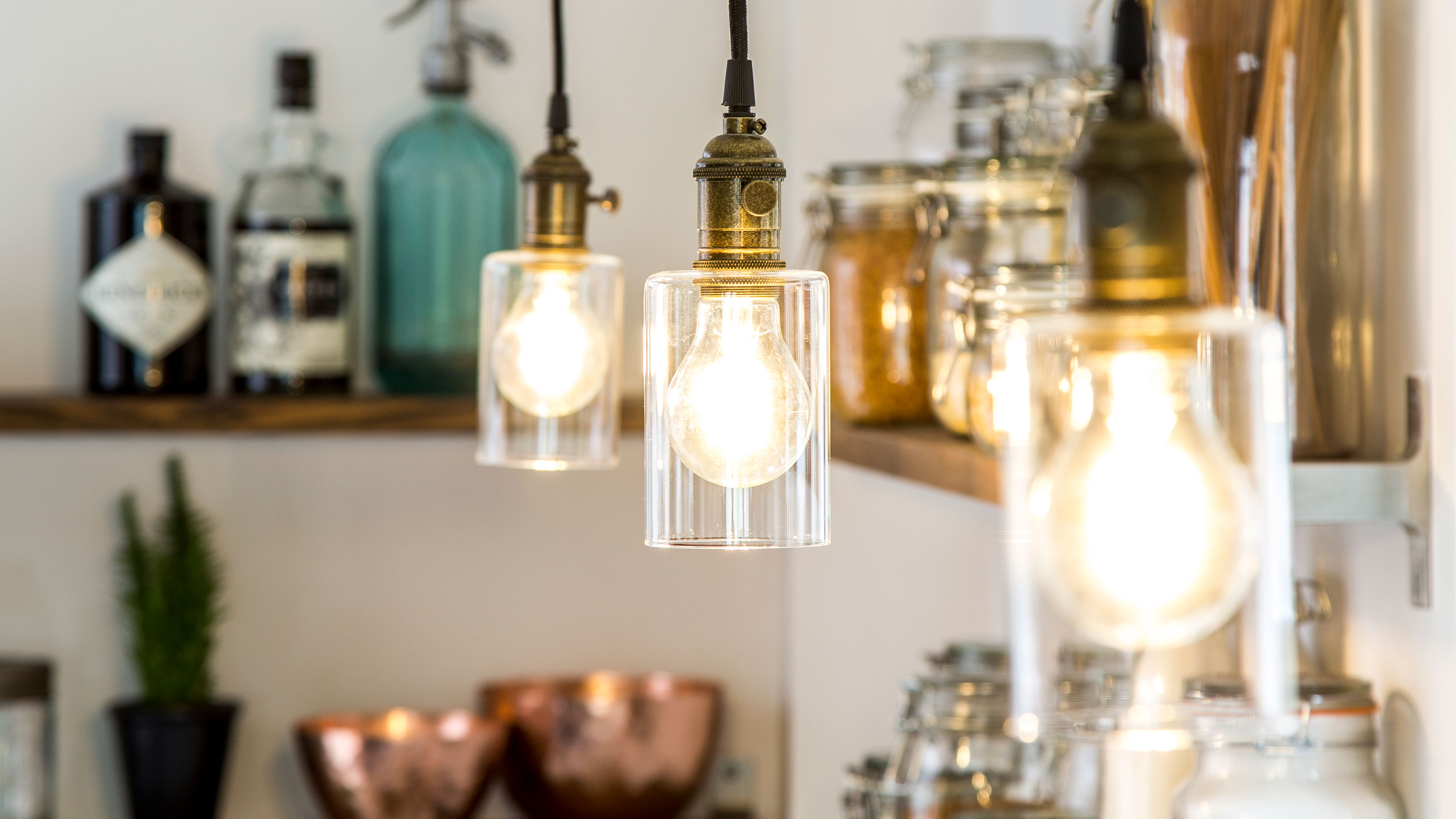

There's lots of advice out there about how to save energy at home, and while some of the best tips and tricks will undoubtedly keep your bills down and help you save money, others are questionable, to say the least.
Energy-saving myths are more widespread than you might think. What many of us have previously taken as 'fact', can actually be proved wrong after a little bit of digging. Some of the energy-saving myths out there may have even been increasing our energy bills, so we say it's about time these myths got debunked.
'While there is lots of helpful advice out there on how to reduce your energy usage, there are a few common methods which are not only ineffective but can also end up costing you more money,' says Nigel Best, Director, Electrician Courses 4U.
We've asked the experts what the top energy-saving myths are so you can focus on energy-saving facts instead, so keep reading to get clued up.
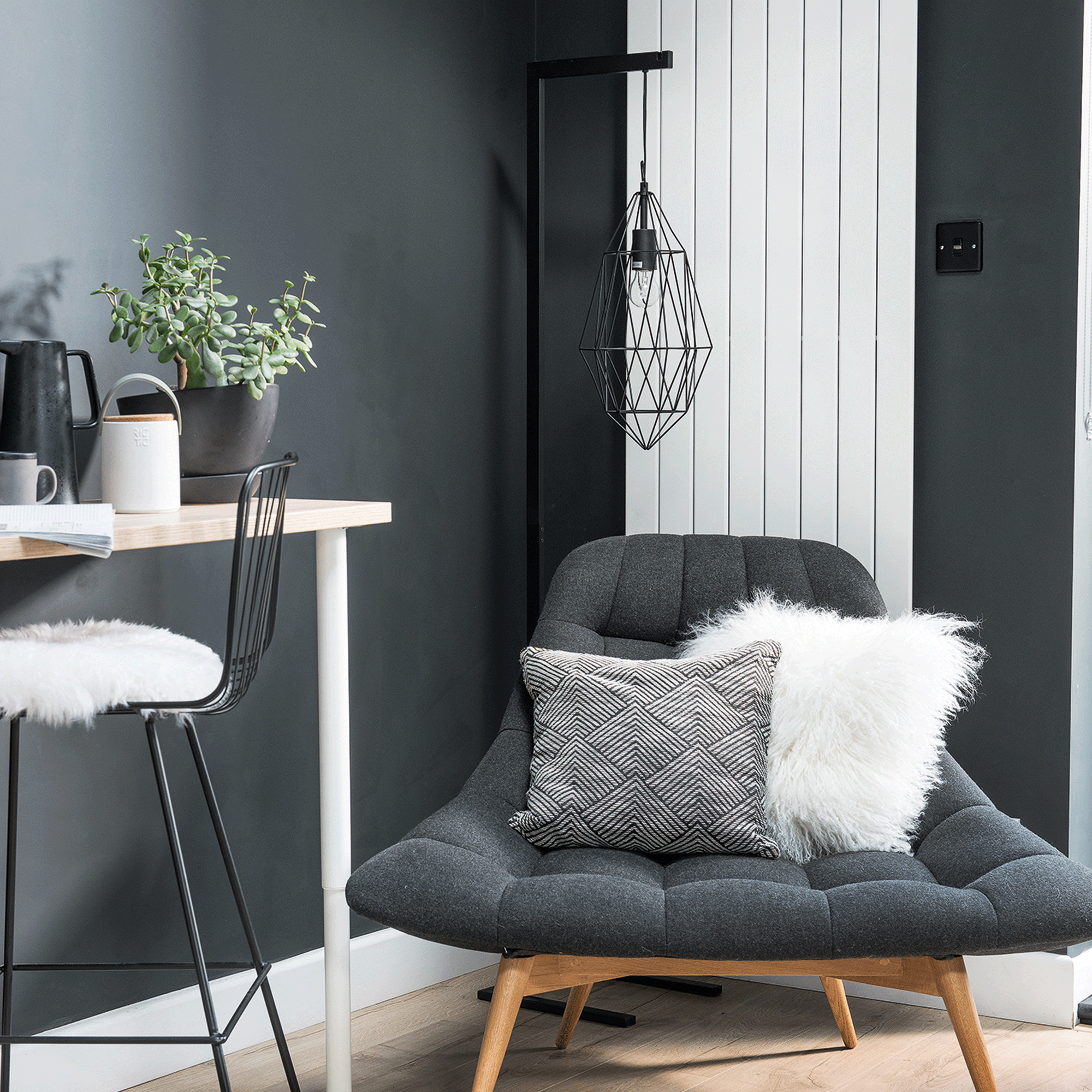
Energy saving myths
Keeping your energy bills down is a sure way to save money at home, which is more important than ever right now. But what are the most common energy-saving myths? Experts weigh in below.
Myth 1: It's cheaper to have your heating on low all day
You may have heard that it's cheaper to have your heating on low all day, as opposed to switching it on and off at intermittent periods when the house starts to feel cold. But, according to the experts, there's no proof to back this up.
'If you keep the heating on low all day, all you are doing is keeping it on for a longer period of time,' says Nigel. 'This ultimately means you are going to end up with a very expensive heating bill at the end of the month. By only putting the heating on when it is needed you’ll end up using less energy and most importantly you'll receive a cheaper heating bill.'
Get the Ideal Home Newsletter
Sign up to our newsletter for style and decor inspiration, house makeovers, project advice and more.
'In some instances, for example in a large house with underfloor heating and a heat pump system it may be cheaper to have your heating on low all day,' says James Clark, Technical Training Manager, Wiser. 'But what we do know from research is for many UK homes having the heating on only when you need it is the best way to reduce your energy costs.'
So if your central heating is run via a boiler, don't be tempted to keep it switched on all day, as this isn't efficient or cost-savvy.
Myth 2: Electric heaters are more efficient than central heating
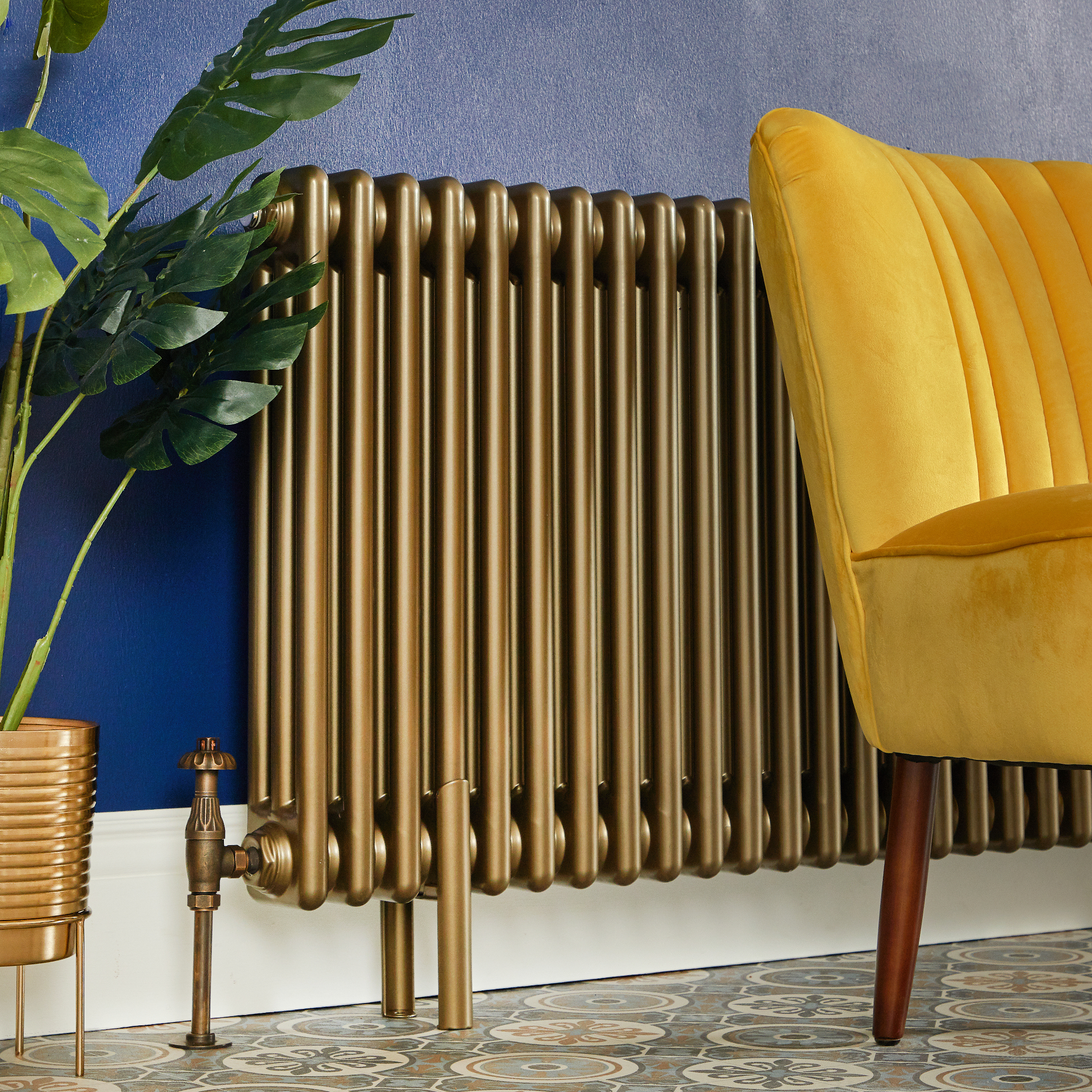
'For years many people have believed that plugging in a mobile electric heater is cheaper than using their heating,' says electrical expert Nigel. 'Although an electric heater will save you money on your heating costs, it will add on to your electric costs considerably.'
If you've been wondering how much it costs to run an electric heater, the answer is probably more than it costs to turn your heating on. So if you've been told in the past that electric heaters are a more efficient way to warm up your home, we're here to derail that energy-saving myth.
'Electric heaters are known for being wasteful with energy, by not only creating heat but also noise,' says Nigel. 'This noise is being powered by electricity which ultimately comes out of your pocket.'
Myth 3: Smart meters will lower your energy bills
Another of the common energy-saving myth is the claim that smart meters can help keep your energy bills down. Smart metres monitor exactly how much energy you are using, but the experts have tipped that this in itself isn't enough to save energy.
'Simply investing in a smart meter does not save you money directly,' clarifies Nigel. 'The meter will tell you how much energy you’re using, which then allows you to cut back and turn off the heating or electrical appliances which are eating up your electricity.'
So next time you hear an advert for a smart meter promoting investing to save your energy bills, you'll know that the meter itself doesn't actually do anything to save energy. They simply allow you to monitor your home's energy usage so that you can take the appropriate steps to cut back from there.
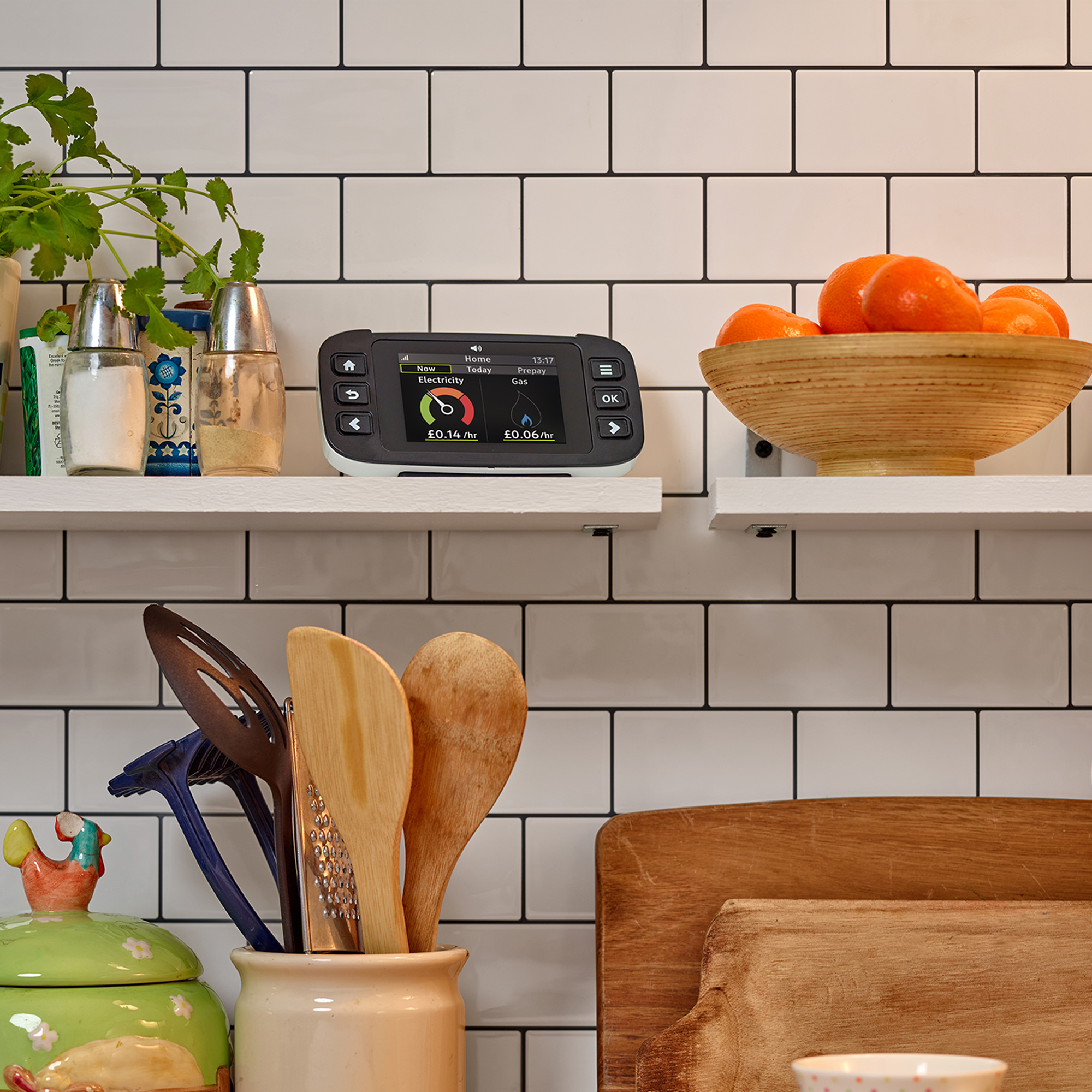
Myth 4: Turning your heating on full will heat your house quicker
It may seem logical that whacking the heating on full heat will heat the house up quicker and more efficiently, and therefore save energy in the long run. But this simply isn't true.
'Your house will heat up at the same time whether your heating is at 20C or at 30C,' says Nigel. 'By turning the heating on full, you will actually end up wasting money as later in the night when the heating has been on for a while you may become too hot and at that point you’ve already used a lot more energy than you needed to.'
So now you know that putting your heating on at the highest possible temperature isn't going to warm your house up any quicker, you can stick to a lower temperature and save more energy. Myth debunked.
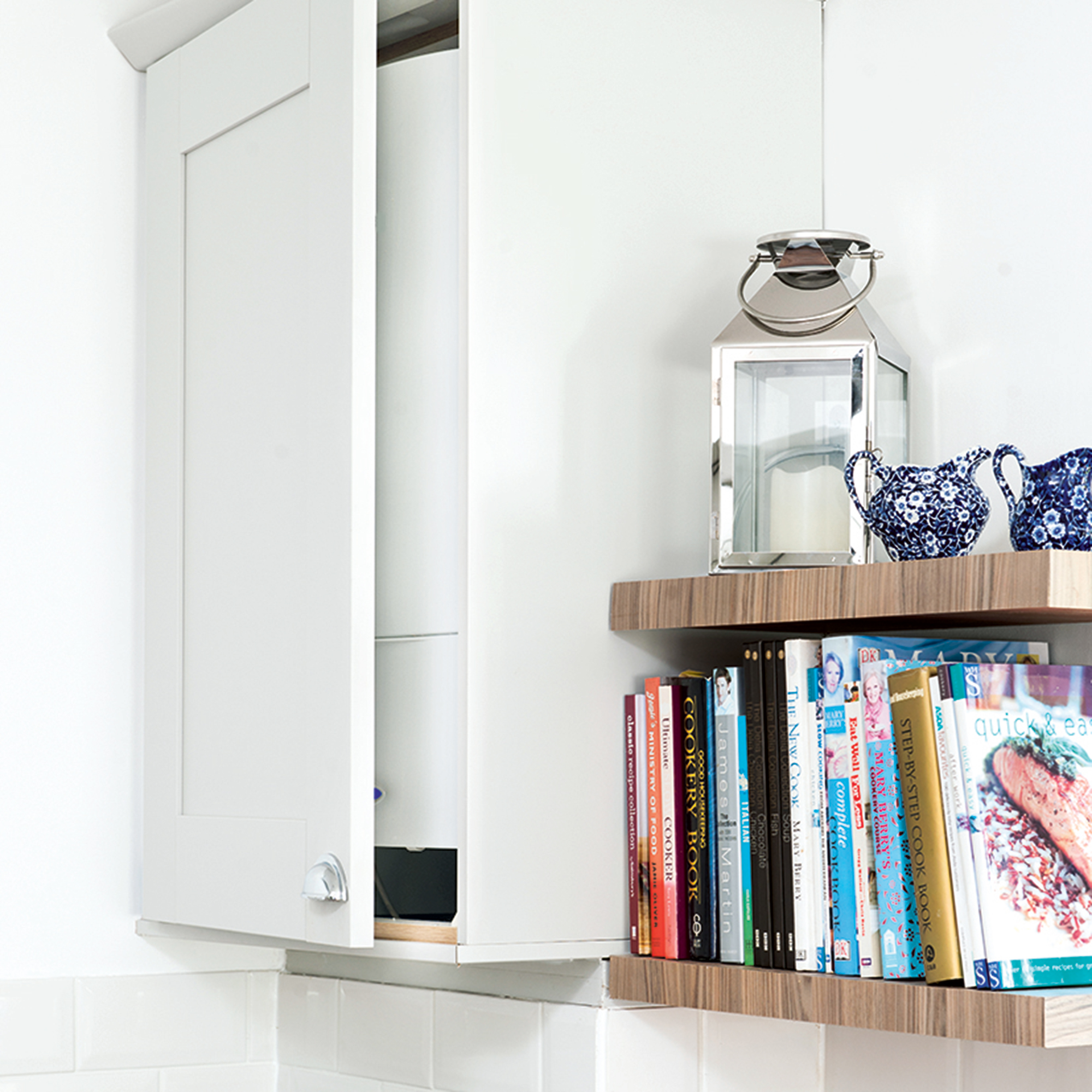
What are 3 ways energy can be saved?
Now that the four most common energy saving myths have been debunked, we wanted to know what the experts considered the top three ways to actually save energy at home. Their top tips are below.
1. Check you have the best boiler for your home
'Depending on the efficiency rating of your current boiler and the type of home you live in, you could save up to £580 a year on your energy bills simply by upgrading to a new A rated boiler – without having to change the way you use it,' says Andy Kerr, Founder, BOXT. It's worth doing your research and checking whether your boiler is the most suitable choice for your home.
2. Draught-proof your home
There are lots of DIY draught-proofing ideas that will keep your house warm and lower your energy bills. 'You can do this by insulating the roof, walls, window sashes, and door frames,' suggests Andy. 'This is a great way to lower your heating costs as you won’t need your heating on so high.'
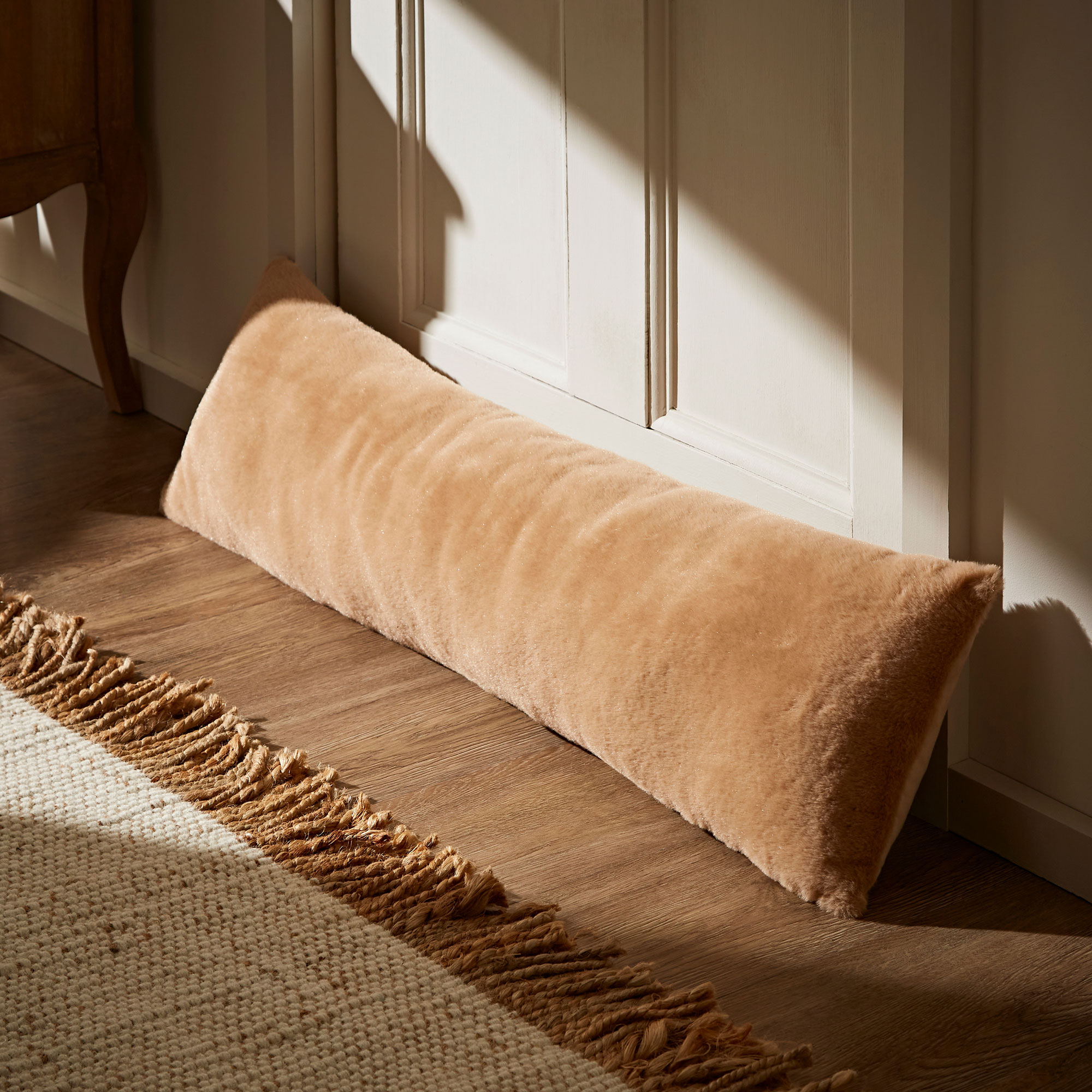
3. Bleed your radiators
'If there are any cold spots on the radiators while your heating is turned on, there is air trapped in the system, which leads to a reduction in efficiency,' says Andy. If this is the case, you can learn how to bleed a radiator yourself. It's an easy DIY job that will make your home more energy-efficient, while saving you money.

Katie has been writing freelance since early 2022, specialising in all things homes and gardens, following achieving a Masters in Media and Journalism. She started out writing e-commerce content for several of Future’s interior titles, including Real Homes, Gardeningetc, Livingetc, and Homes and Gardens. Since then she’s been a regular contributor on Ideal Home’s digital team, covering news topics, how-to guides, and product reviews.
-
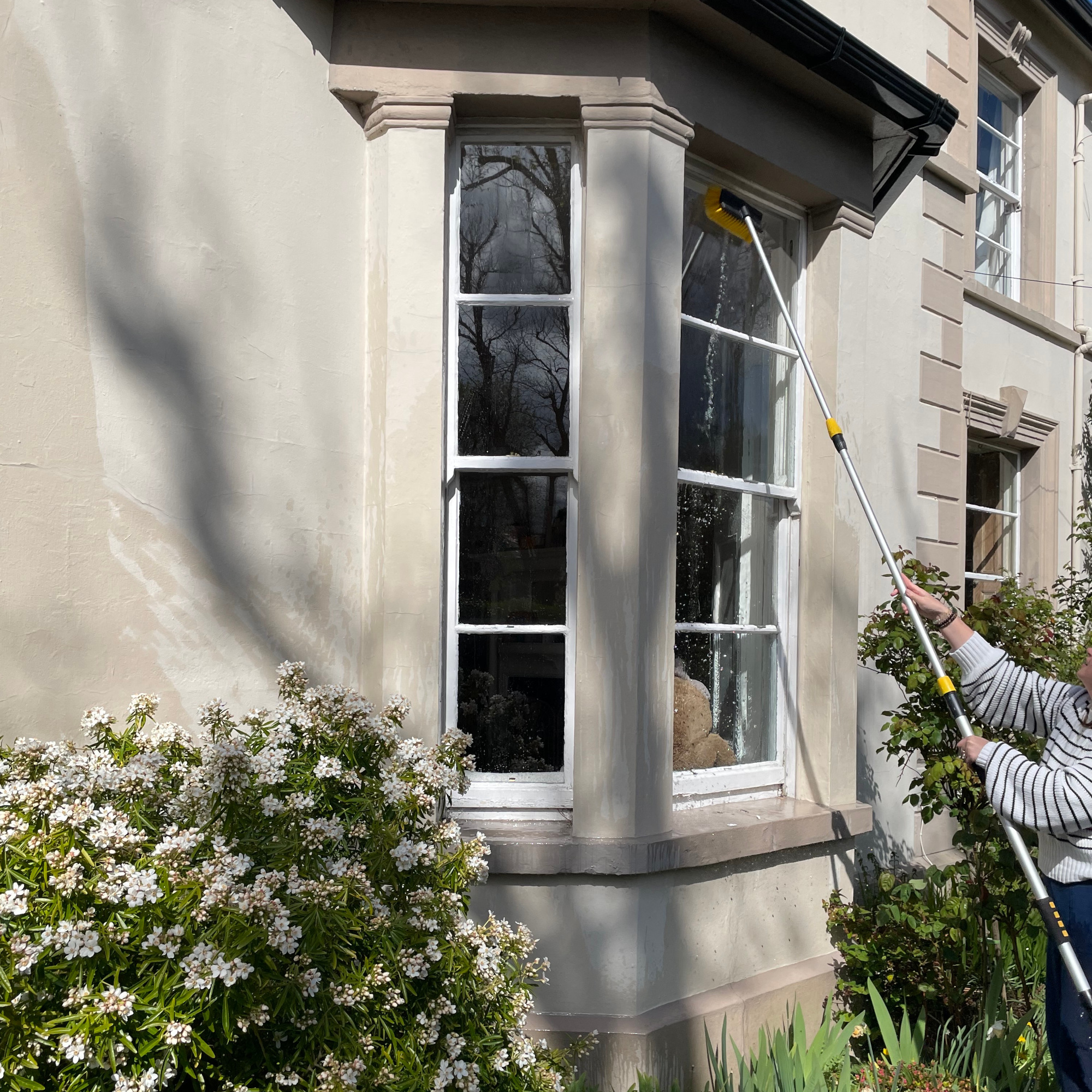 This £20 telescopic hose brush did such a good job cleaning my windows I sacked my window cleaner and saved £100
This £20 telescopic hose brush did such a good job cleaning my windows I sacked my window cleaner and saved £100It's a game-changer for sparkling glass
By Jenny McFarlane
-
 Pest experts reveal eucalyptus is the secret ingredient for keeping rats off your bird feeder - this is how to use it safely and effectively
Pest experts reveal eucalyptus is the secret ingredient for keeping rats off your bird feeder - this is how to use it safely and effectivelyIt's a great natural deterrent
By Kezia Reynolds
-
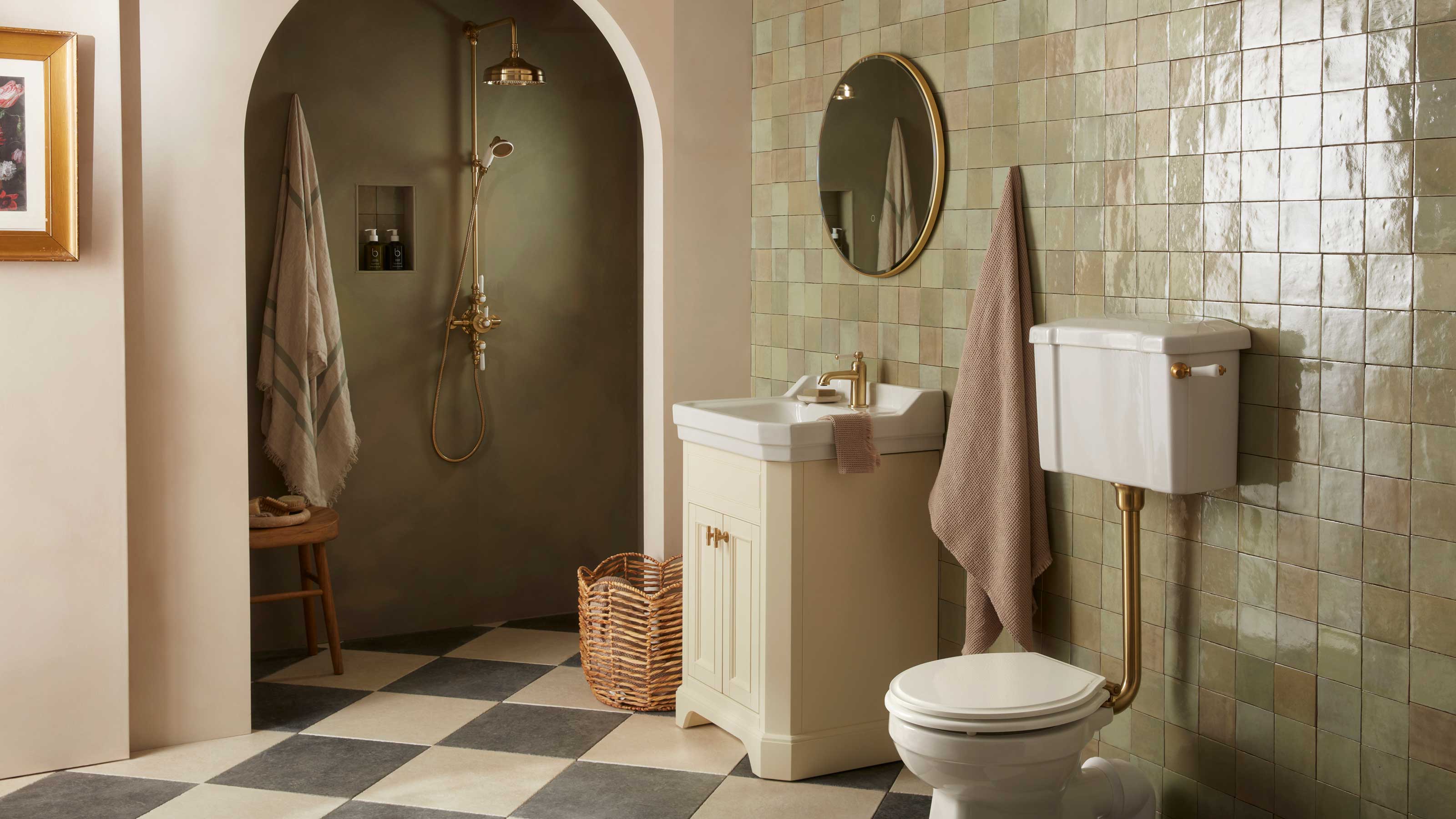 Is a wet room worth it? I asked bathroom experts whether a wet room adds value or makes it difficult to sell
Is a wet room worth it? I asked bathroom experts whether a wet room adds value or makes it difficult to sellNot everyone sees a wet room as a positive so we asked the experts how to design a space that will add value and help your home sell fast
By Natasha Brinsmead